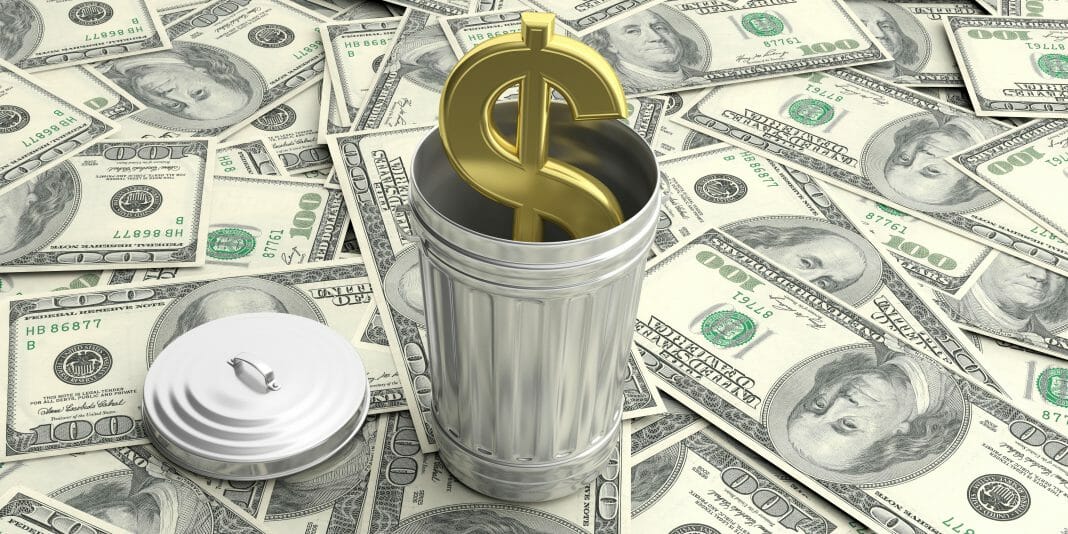Argentina, Colombia, Spain, and Venezuela lead the ranking. The G $ distributed so far is only USD 344 at the current value.
The managers of the GoodDollar platform, which offers a universal basic income, provided some statistical data one month after its launch. The most prominent fact is that most of those applying for G $ tokens are in Argentina, Colombia, Spain, and Venezuela.
This information is mainly consistent with that of Google’s analytical tools. It is possible to see that the countries where the search term “GoodDollar” appeared the most in the last four weeks are: Venezuela, Argentina, Bolivia, and Spain.
The data that the organization provided indicates that more than 41,000 of its users have made more than 300,000 daily requests for the tokens. They received 2.5 million G $ and conducted 5,000 person-to-person transactions.
“The interest and enthusiasm for our nonprofit project worldwide have been off the scale,” according to Tal Oron, GoodDollar CEO. He said that “the most encouraging element has been community activity, which is gaining momentum day by day.” He was happy to see “the formation of so many splinter groups, trying to promote the prospects of universal basic income.”
GoodDollar wants members to be able to participate as soon as possible in its governance, they announced. In this way, they would be an active part of the decisions that allow making this project increasingly decentralized.
They Have Only Distributed USD 344 in Total
People find the name misleading, but G $ is not a stablecoin. At the time of writing this article, each G $ is trading at USD 0.000137627 on the decentralized exchange UniSwap (the only one that is accepting this token). For that reason, the total amount of G $ that they have distributed is barely equivalent to USD 344.
In some groups on Telegram and on social networks, it is possible to see that there are discussions on GoodDollar. Most of those applying for G $ are happy to hold the tokens while waiting for them to gain value in the future.
Some holders refuse to sell their tokens to prevent causing their price to drop since they believe in the relevance of the project. “I cannot sell a universal basic income (UBI) token in exchange for another currency. That would necessarily contribute to downward pressure on the price of that project, and all UBI projects”, explained Fabiana Cecin, activist and creator of another project with similar characteristics.
A DeFi (decentralized finance) protocol is in charge of generating G $. However, the users who receive them find GoodDollar a little different from the cryptocurrency faucets that grant a negligible sum of money every determined period.
If users want to participate in GoodDollar, the most noticeable difference is that they need to identify themselves with a selfie, a phone number, and a Google or Facebook account.
Those responsible for the project insist that GoodDollar “can help close the wealth inequality gap.”
By Alexander Salazar











